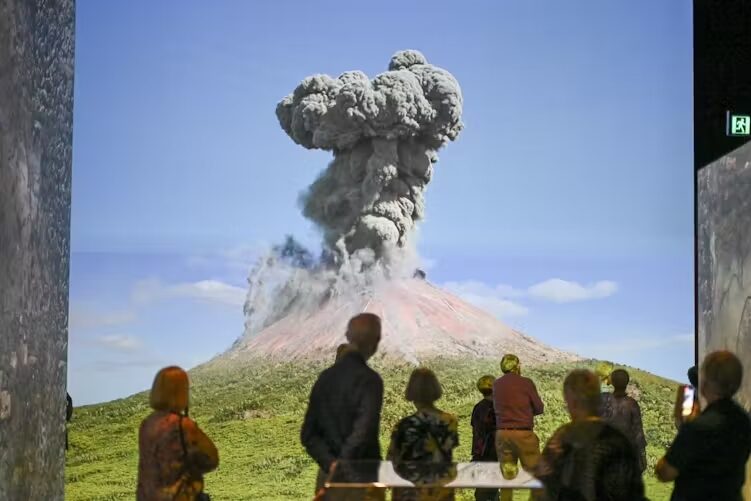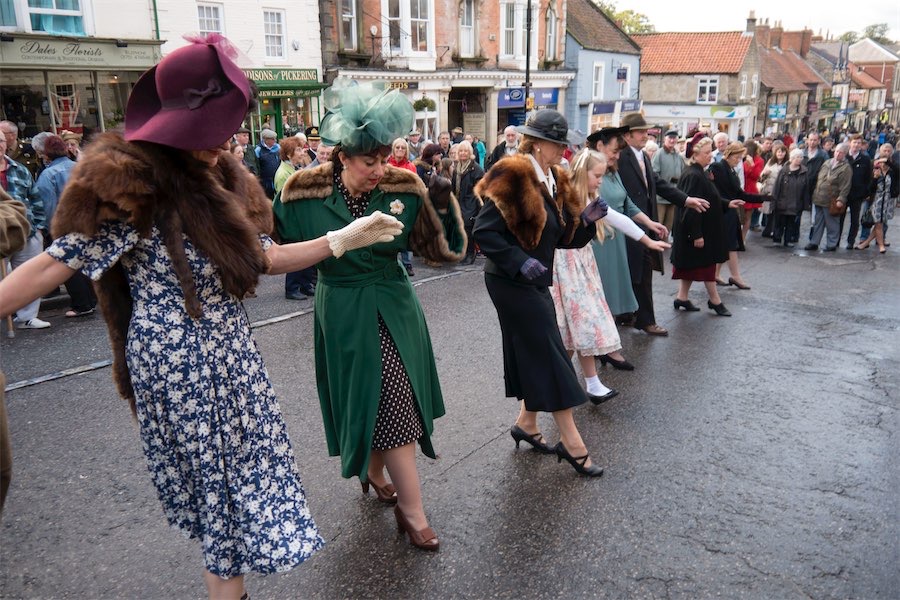
Former barrister and “CityNews” legal columnist HUGH SELBY points to some shortcomings in the police approach to collecting, storing and returning items collected during an investigation.
BEREAVED mother Janine Haskins, in her letter to “CityNews” (September 14), bemoaned an absence of some evidence that may have been important to understanding her daughter’s death.

“In the coronial hearing… it was determined that evidence (CCTV DVR) was returned by an AFP officer to a significant witness in the investigation… just two days after Brontë’s death,” she writes.
“At the hearing, there was confusion between the two AFP officers… regarding… why the evidence was returned.
“Three years later, I am still requesting a copy of the legislation regarding the storage of evidence in coronial matters; I am still none the wiser. Does anyone in the community know, because I am certainly not getting answers from the AFP or Police Minister Mick Gentleman?”
The aim of this article is to not only answer Ms Haskins’ queries but to point to some shortcomings in the police approach to collecting, storing and returning items collected during an investigation (be that a criminal or coronial inquiry).
Answering Ms Haskins’ query
The problem apparently occurred at the police investigative stage. The AFP has a lengthy National Guideline about how police are to treat property and exhibits in their control. Case officers are responsible for making timely decisions to authorise the return or disposal of any items not required for evidence (see 5.3)
The AFP Regulations 2018 (see Part 4, especially 73) provides:
“…the Commissioner must ensure that the property is returned to the person entitled to lawful possession when the reason for its detention has no further effect.”
Taken together those regulations and the Guideline “cover” the keeping or return of items taken during an investigation.
The decision to return some CCTV was made by a police officer, presumably because, rightly or wrongly, they did not consider it to have any further relevance to their inquiries.
Had that CCTV material been kept then its storage would have been guided by the National Guideline.
What a court or tribunal does with exhibits
Had a party to the coronial proceeding tendered that CCTV material as evidence then it would have been kept by the court.
Both our Magistrates Court (of which the Coroner’s Court is a part) and our Supreme Court apply the Court Procedure Rules. These rules require the registrar of the court to manage exhibits.
Generally, it is up to the party that tenders an exhibit to apply to the registrar for its return once the litigation is finished. Perhaps because that is often forgotten, the registrar can give notice that an item is to be collected within three months, failing which the registrar can dispose of it.
Our Coroners Act (section 67) is more specific, as anything taken or seized is to be returned to the person whom the coroner “reasonably believes to be entitled to it”.
Our Civil and Administrative Tribunal (ACAT) seems to have no published procedures for the storage or return of exhibits (except for those that are delivered to the tribunal in response to a subpoena).
Police efforts to better keep track
In 2018 the Victorian auditor-general reported on Victoria Police’s management of property and exhibits.
Their first conclusion was: “Victoria Police holds on to more property than necessary. It cannot be confident that property is kept to a minimum based on its evidentiary value; that its handling and storage is safe and secure; or that its disposal is timely.”
Victoria Police records, as at 2018, showed about 470,000 items in police possession, stored at more than 200 locations.
NSW police give online advice that they will contact the relevant person about arranging the return of property collected during an investigation and give 28 days for that person to make arrangements as to what is to happen to it. How well they do that I do not know.
A recent news item from NSW pointed to how poor record keeping can jeopardise police inquiries: “The notorious case of Sydney’s Family Court bombings was only cracked when police stumbled upon the key piece of evidence ‘purely by chance’ in a basement storeroom, an internal police report has revealed.”
What of ‘street registrable vehicles’?
Any type of vehicle may be seized by police when they are investigating such crimes as “car rebirthing”, culpable driving causing death, use of a vehicle to transport goods unlawfully, leaving forensic traces on the vehicle.
The vehicle is an important exhibit, and part of the “chain of custody” of forensic and expert evidence to be used at trial.
These “street registrable vehicles” are not covered by the AFP National Guideline.
Presumably there is another AFP policy document – not readily searchable on Google – that tells police what they are to do, and not do, when they seize a vehicle.
That might explain why they have allegedly held on to a big truck from the truck protest at Parliament House for a long time. Absent that explanation, photos of that truck might be all that is required at any hearing.
And the protesting owner driver might be able to have an income before that hearing.
Former barrister Hugh Selby’s free podcasts on “Witness Essentials” and “Advocacy in court: preparation and performance” can be heard on the best known podcast sites.
Who can be trusted?
In a world of spin and confusion, there’s never been a more important time to support independent journalism in Canberra.
If you trust our work online and want to enforce the power of independent voices, I invite you to make a small contribution.
Every dollar of support is invested back into our journalism to help keep citynews.com.au strong and free.
Thank you,
Ian Meikle, editor





Leave a Reply